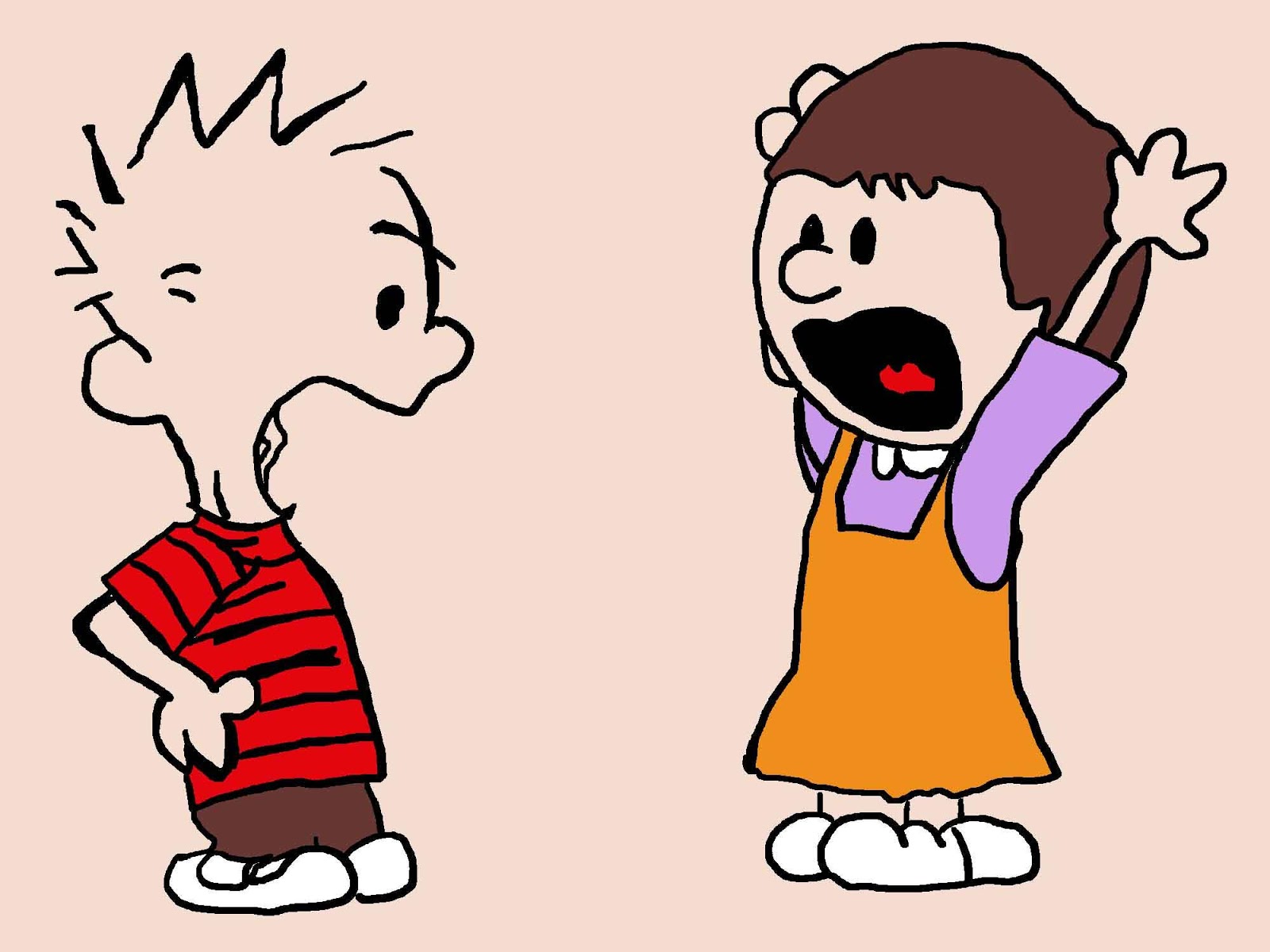Vituperate (October 5): "to criticize or censure severely or abusively; to use harsh condemnatory language." Suggested synonyms include "berate" and "revile", but to me, "vituperate" carries even stronger implications of ongoing condemnation and even moral outrage. I also just like the sound of it. That sharp consonants are just begging to be spit out in disdain.
Salubrious (October 3): "favorable to or promoting health or well-being." Another word that's especially fun to say (especially if you really lean on that "yoooooo" syllable in the middle), "salubrious" has a hint of elegance and almost arrogance, as if the person enjoying the salubrious experience feels himself better than the person to whom he is speaking.
Amanuensis (September 18): "one employed to write from dictation or to copy manuscript." I remember reading this word in some novel or other when I was quite young, and I also remember impressing a new employer when he overheard me describing myself as his amanuensis. (Since he was not a native English speaker, I was impressed right back that at his familiarity with the word.)
Scrupulous (September 5): "having moral integrity : acting in strict regard for what is considered right or proper; punctiliously exact: painstaking." Most of us are familiar with the words "unscrupulous" and "scruple," but we rarely "scrupulous," which comes from the same root. I like this word because you can figure out the meaning easily even if you've never heard it before.
Bifurcate (August 14): "to divide or cause to divide into two branches or parts." Some may think of this as an unnecessarily fancy word for a very simple concept, but I like its descriptive elegance. I also like its use for non-physical division, such as a word whose use over time has extended to have two different meanings (as in the example of the word "secretary" given in the M-W entry).
Yawp (July 16): "to make a raucous noise: squawk; clamor, complain." I'm a great fan of onomatopoeia, and "yawp" certainly qualifies. If "blah, blah, blah" refers to someone droning on meaninglessly, "yawp, yawp, yawp" would be a good description for someone squawking on meaninglessly and loudly.
Turpitude (July 8): "inherent baseness: depravity." I don't believe I've ever heard this word used outside of the phrase "moral turpitude." In fact, both quotes offered by the M-W entry use the phrase. With a bit of googling, I was able to find "turpitude" not preceded by "moral" in a 1798 court decision called Farmer v. Russell: "In this case the plaintiff does not come into Coirrt with clean hands; he alleges his own turpitude, and is indictable for his fraud."
Argy-bargy (June 25): "a lively discussion: argument, dispute." I love this word because it implies some ridiculousness in the argument, as exemplified in the quote referenced by M-W, given by a reporter for The Daily Telegraph in April 2017: "I would object to the leaders' debates much less if they took place only on the radio. Then there wouldn't be all the argy-bargy about who stands where, wearing what."
Squinny (June 9): "to look or peer with eyes partly closed: squint." Another great and useful word I'd never heard before, it's difficult to ascertain the meaning of "squinny" without context, but once you know the definition, it's easy to remember. The next time someone gives you the side-eye, tell them to stop squinnying at you.
Concatenate (May 27): "to link together in a series or chain". Like "squinny," although it may be difficult to figure out the meaning of "concatenate" without context, the definition is fairly easy to remember. Also, it's fun to say, and it's even more fun to say in its noun form, "concatenation".
Lanuginous (May 9): "covered with down or fine soft hair". This may not be one of the more useful words on this list, but I do like that English has a word for this concept. Parents, particularly expectant mothers, may recognize the noun form "lanugo" from having been warned by an obstetrician that babies (especially premature babies) can be born with a covering of downy hair.
Tatterdemalion (April 19): "ragged or disreputable in appearance; being in a decayed state or condition: dilapidated." The word is practically visual onomatopoeia. I can imagine a mother or a housekeeper shaking her head in disdain at the state of some youngster's clothes or bedroom. It's a very Dickensian word that I can imagine being used to describe Fagin or Bill Sykes. My own children have been known to appear somewhat tatterdemalion on occasion. I consider it a sign of a healthy childhood.
Gimcrack (April 4): "a showy object of little use or value: gewgaw." I love how many different words English has for this item: gimcrack, gewgaw, geegaw, tchotchke (technically Yiddish but commonly used by English speakers), knick-knack, dustcatcher, trinket, etc. Whatever it is, we all have plenty of them, so it seems apropos that we also have plenty of words to describe them.

















No comments:
Post a Comment